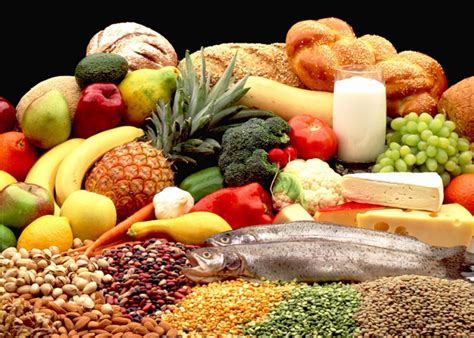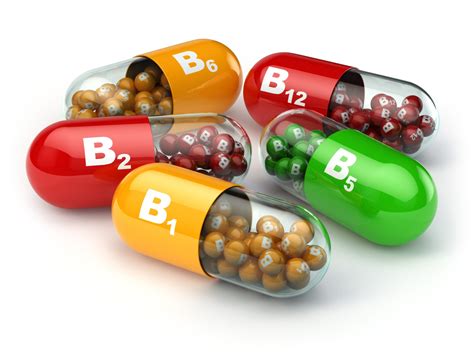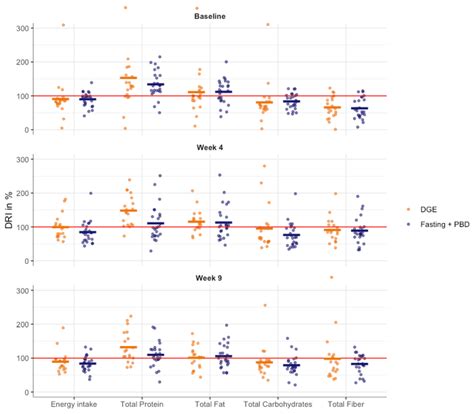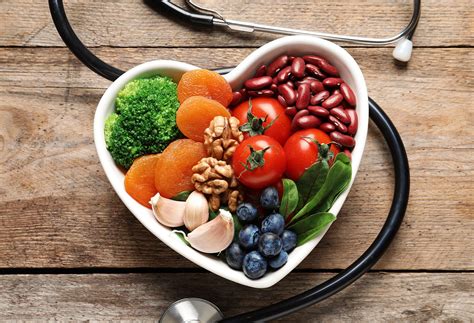What nutrition optimizes male hormones & recovery for peak performance?

Fueling Excellence: The Nutritional Blueprint for Male Hormonal Health and Recovery
For men aiming to achieve peak physical and mental performance, the interplay between nutrition, hormonal balance, and recovery is paramount. Optimal male hormone levels, particularly testosterone, are crucial for muscle growth, energy, mood, and cognitive function. Concurrently, efficient recovery is key to mitigating fatigue, preventing injury, and ensuring consistent progress. This article delves into the precise nutritional strategies that underpin this delicate balance, enabling men to unlock their full potential.
The Power of Macronutrients: Building Blocks for Hormones and Recovery
Macronutrients – proteins, fats, and carbohydrates – are not just sources of energy; they are fundamental to hormone synthesis and tissue repair. A balanced intake is non-negotiable for anyone serious about performance.
Protein: The Foundation of Repair and Growth
Adequate protein intake is critical for muscle repair and growth, especially after intense training. Proteins also provide amino acids that are precursors to various hormones. Aim for high-quality sources like lean meats, poultry, fish, eggs, and plant-based options such as legumes and quinoa. Distribute protein intake throughout the day to maximize muscle protein synthesis.

Healthy Fats: Essential for Hormonal Harmony
Often misunderstood, healthy fats are absolutely vital for male hormone production, particularly testosterone. Cholesterol, derived from dietary fats, is the precursor to steroid hormones. Include sources of monounsaturated and polyunsaturated fats such as avocados, nuts, seeds, olive oil, and fatty fish (rich in Omega-3s). Avoid excessive trans fats and limit saturated fats from processed sources.
Complex Carbohydrates: Energy, Recovery, and Stress Regulation
Carbohydrates are the primary fuel source for high-intensity exercise and are essential for replenishing glycogen stores post-workout. They also play a role in regulating cortisol levels, a stress hormone that can negatively impact testosterone if chronically elevated. Opt for complex carbohydrates like whole grains, fruits, and vegetables for sustained energy and a rich supply of vitamins and fiber.
![[Class 6 Science] Name the major nutrients in our food - Teachoo](/images/aHR0cHM6Ly90czIubW0uYmluZy5uZXQvdGg/aWQ9T0lQLlh2bFlEMGYzLVVnTmRBeTU1dUpuSEFIYURQJnBpZD0xNS4x.webp)
Micronutrients: The Unsung Heroes of Hormonal Balance
While macronutrients provide the bulk, specific vitamins and minerals act as cofactors in countless enzymatic reactions, including those involved in hormone synthesis and stress response.
Vitamin D: The Sunshine Hormone’s Ally
Often referred to as a pro-hormone, Vitamin D plays a significant role in testosterone production, immune function, and bone health. Sun exposure is the best source, but dietary intake from fatty fish, fortified foods, and supplementation (under professional guidance) may be necessary, especially in climates with limited sunlight.

Zinc and Magnesium: Power Duo for Men’s Health
Zinc is crucial for testosterone synthesis, immune function, and fertility. Good sources include oysters, red meat, poultry, nuts, and legumes. Magnesium is involved in over 300 enzymatic reactions, including energy production, muscle function, and sleep quality – all vital for recovery and hormonal balance. Leafy greens, nuts, seeds, and whole grains are rich in magnesium.
Hydration: The Often-Overlooked Performance Enhancer
Water is fundamental to every bodily process, including nutrient transport, temperature regulation, and detoxification. Dehydration can impair performance, increase perceived effort, and negatively impact cognitive function and recovery. Aim for consistent water intake throughout the day, adjusting based on activity levels and environmental factors.

Foods to Prioritize and Those to Limit
To optimize male hormones and recovery, focus on a whole-food, nutrient-dense diet. Prioritize fatty fish, lean protein, colorful vegetables, fruits, nuts, seeds, and healthy oils. Limit processed foods, excessive sugar, trans fats, and excessive alcohol, as these can contribute to inflammation, oxidative stress, and hormonal disruption.
Timing and Consistency: Maximizing Nutritional Impact
While the quality of food is paramount, the timing of nutrient intake can also influence recovery and hormonal response. Consuming protein and carbohydrates around workouts can aid recovery and glycogen replenishment. Consistency in healthy eating habits over time yields the most significant and lasting benefits.

Conclusion: A Holistic Nutritional Approach for Peak Male Performance
Optimizing male hormones and recovery for peak performance is an intricate process, heavily reliant on a well-planned nutritional strategy. By focusing on a balanced intake of high-quality macronutrients, ensuring sufficient micronutrient levels, prioritizing hydration, and making consistent, healthy food choices, men can build a robust physiological foundation. This foundation not only supports hormonal balance and rapid recovery but also elevates overall athletic and cognitive function, enabling sustained peak performance in all aspects of life.






